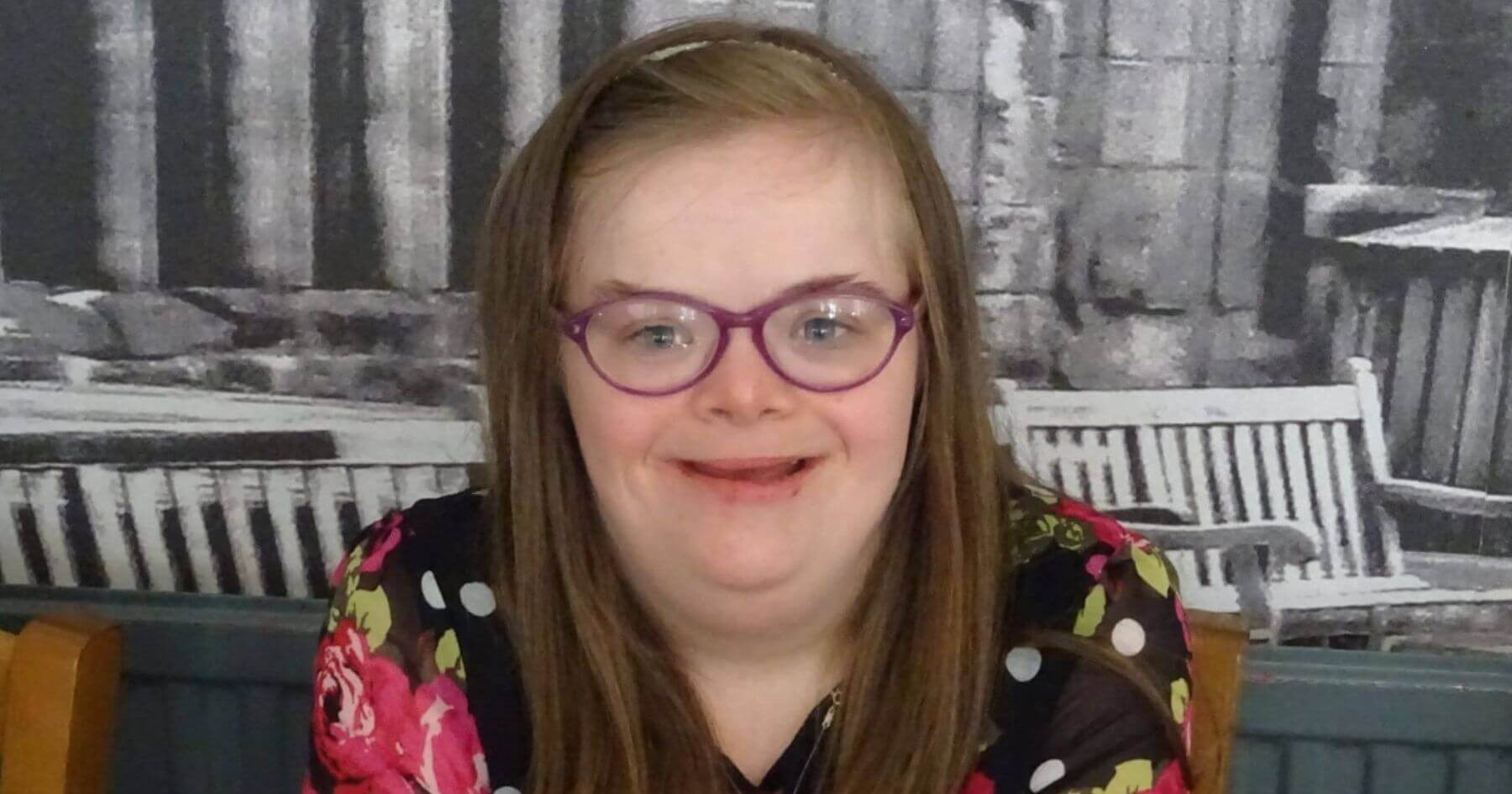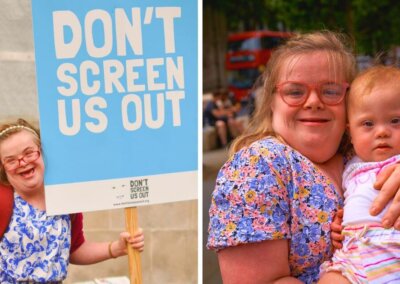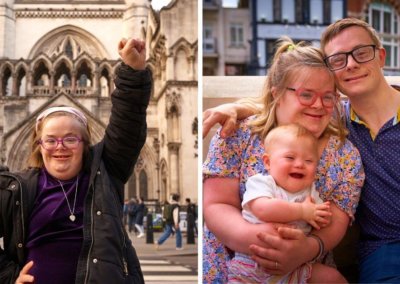Disability rights campaigner, Heidi Crowter, has told the Health Committee of the Northern Ireland Assembly that the abortion legislation in the region “tells me and other people with Down’s syndrome that we are worth less than those without disabilities”.
On the 11th March, Crowter, who herself has Down’s syndrome, appeared before the Health Committee of the Northern Ireland Assembly to voice her support for the Severe Fetal Impairment (Abortion) Bill, which will remove the current grounds in the Northern Ireland abortion regulations that were imposed on Northern Ireland, which allow abortion for ‘severe fetal impairment’.
Under these grounds in the regulations, babies with disabilities including Down’s syndrome, cleft lip and club foot can currently be singled out for abortion in Northern Ireland because of their disability and can be aborted right up to birth.
Despite campaigning on this issue for five years, this is the first time she has had the opportunity to speak directly with representatives of the Assembly.
Crowter told the Committee: “The law in Great Britain, and now sadly the law in Northern Ireland, tells me and other people with Down’s syndrome that we are worth less than those without disabilities. That is why I want my voice to be heard and the laws to be fairer”.
“My husband also has Down’s Syndrome and I value him and I think society should too. The law makes me feel very sad it is saying that I, and people like me, may as well have not been born”.
Appearing before the Committee, spokesperson for ‘Don’t Screen Us Out’ Lynn Murrary said:
“We applaud the assembly for rejecting the Westminster regulations promoting abortion for non-fatal congenital conditions last year. The Severe Fetal Impairment (Abortion) Bill is important because it will send out a clear message that Northern Ireland promotes equality and consideration for those with Down’s syndrome and a move in this direction will lead the way for other countries to follow”.
Widespread popular and political support
In February this year, Paul Givan MLA introduced the Severe Fetal Impairment (Abortion) Bill in conjuncture with the ‘Don’t Screen Us Out’ Campaign. Since then it has received a huge level of support with 1,608 people with Down’s syndrome and their families signing an open letter to the Assembly urging them to vote in favour of the bill. Almost 25,000 members of the general public have also signed a petition in support of the Bill.
The Severe Fetal Impairment (Abortion) Bill will amend Regulation 7(1)(b) of the Abortion (Northern Ireland) Regulations 2020 imposed on the region by the Government in Westminster last year.
Paul Givan MLA said: “This Bill provides the Assembly with the opportunity to amend the current regulation and to send a clear message to people like Heidi, with a condition like Down’s Syndrome, their families, friends and wider society, that Northern Ireland will not tolerate disability discrimination and they are equally valued”.
Right To Life UK spokesperson, Catherine Robinson, said: “As tragic as Heidi’s assessment is, she is absolutely right. The current law – which allows abortion up to birth for babies with disabilities but does not permit abortion past 24 weeks for babies without disabilities – does tell people with disabilities that they are valued less than people without disabilities”.
“If you haven’t yet shown your support for this Bill, you can do so by signing this petition”.












